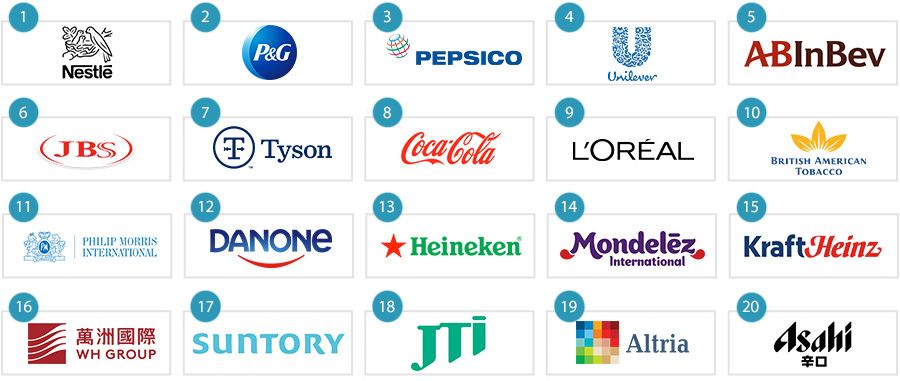Fast-moving consumer goods (FMCG) industry has been a vital part of the global economy for decades. However, as the world becomes more interconnected and technology advances, the industry is facing unprecedented challenges that require innovative solutions. In this article, we will explore the key challenges that FMCG companies will face in the future and how they can navigate the changing landscape.
- Changing Consumer Behavior
One of the biggest challenges that FMCG companies will face in the future is changing consumer behavior. With the rise of e-commerce and social media, consumers are becoming more informed and demanding. They want products that are personalized, sustainable, and convenient. FMCG companies need to adapt to these changing consumer preferences by investing in digital technologies, creating sustainable products, and offering personalized experiences.
- Supply Chain Disruptions
Another challenge that FMCG companies will face in the future is supply chain disruptions. With the increasing frequency of natural disasters, political instability, and trade wars, FMCG companies need to have a resilient supply chain that can withstand disruptions. This requires investing in technology, building strong relationships with suppliers, and diversifying supply sources.
- Increasing Competition
The FMCG industry is becoming more competitive as new players enter the market and existing players expand their offerings. To stay competitive, FMCG companies need to invest in innovation, improve their marketing strategies, and create unique products that stand out from the competition.
- Regulatory Compliance
FMCG companies are subject to a wide range of regulations, from food safety to environmental sustainability. As regulations become more stringent, FMCG companies need to ensure that they are compliant with all relevant regulations. This requires investing in compliance management systems, conducting regular audits, and staying up-to-date with regulatory changes.
- Talent Management
Finally, FMCG companies need to attract and retain top talent to stay competitive in the future. This requires investing in employee development programs, creating a positive work culture, and offering competitive compensation packages.
In conclusion, the FMCG industry is facing unprecedented challenges that require innovative solutions. By adapting to changing consumer behavior, building resilient supply chains, staying competitive, complying with regulations, and investing in talent management, FMCG companies can navigate the changing landscape and thrive in the future.




+ There are no comments
Add yours